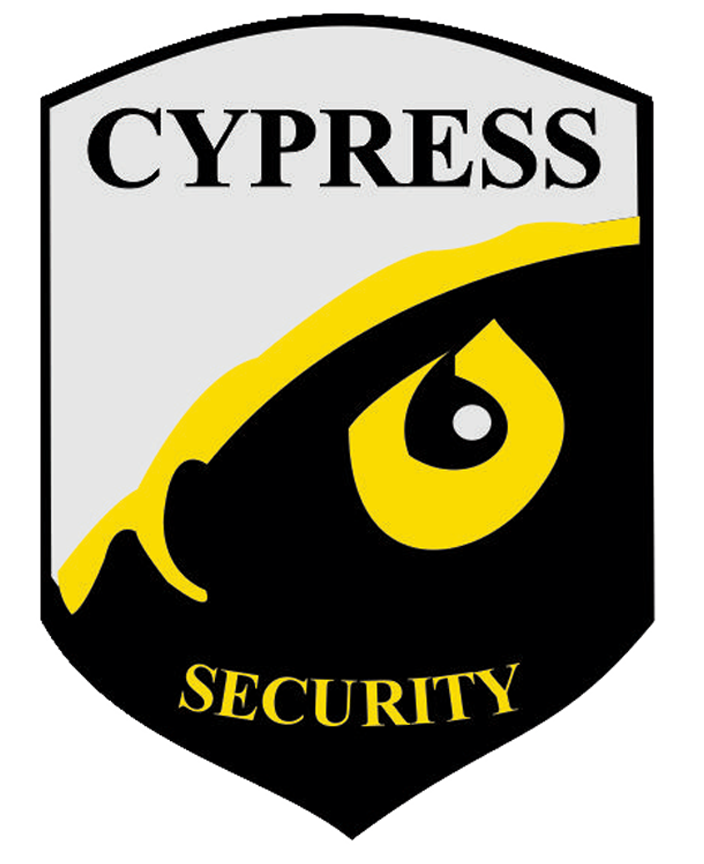David MolkoSenior Reporter, CTV News Vancouver
@molkoreports Contact
Published Wednesday, December 16, 2020 1:35PM PST
VANCOUVER -- Pharmacy giant Shoppers Drug Mart has reached out to Canadian businesses to gauge interest in a COVID-19 rapid testing program that could launch as soon as January 2021.
The program, which the company’s “Health Solutions by Shoppers” division is exploring, is being pitched as a way for companies to bring employees back to work safely, according to a digital presentation slide obtained by CTV News Vancouver.
The slide, which says the program would be funded by employers with a minimum of a one-month commitment, promises COVID-19 results in 15 minutes, with positive results to be followed-up with PCR (laboratory) testing.
It indicates that Shoppers is considering using the Abbott COVID-19 Panbio Antigen test for the program, which Health Canada approved for use in October.
At the time, Ottawa signed a deal to obtain more than 20 million of the so-called “point-of-care” tests.
Catherine Thomas, senior director of external communications with parent company Loblaws, declined a CTV News request for an interview because, she said, the program is “not live.”
“Our health solutions team has been reaching out to some of our business partners to gauge their interest to understand if a program like this would be relevant to a broader group,” Thomas wrote in an email.
Thomas also explained the initial outreach was to a “few companies” and “at this point B.C. is not an area of focus.”
Infectious disease expert Dr. Brian Conway called the antigen test “very useful” and a “powerful tool to help us in the public health response,” indicating a similar test had been used as part of the NHL bubble.
Conway, who is the medical director of the Vancouver Infectious Diseases Centre, said the antigen test is analogous to the “gold-standard” PCR tests currently being performed in British Columbia, but doesn’t require a lab to process.
But, Conway cautioned, the rapid test appears to be less “sensitive,” meaning in people who don’t have symptoms but have COVID-19, the test may only detect the infection about 70 per cent of the time.
Conway said the rapid test could be useful for employers to quickly track chains of transmission and isolate individuals, once an individual has tested positive by standard lab testing, but that he would not recommend companies use it as a health-screening tool.
Conway also pointed out that the results of any point-of-care test would need to be used wisely.
“The danger of using this test more widely, especially in people who have no symptoms, is that it will be taken as a license to not follow current public health recommendations,” Conway said.
He added that everyone should continue to follow all public health guidelines until at least a majority of people have received a COVID-19 vaccine.
According to the manufacturer, Abbott, the test requires a nasal or nasopharyngeal swab, and a self-contained tube with a “break off” swab minimizes exposure risks.
Results appear in the form of lines on the display panel of a single-use cartridge within 15 minutes.






